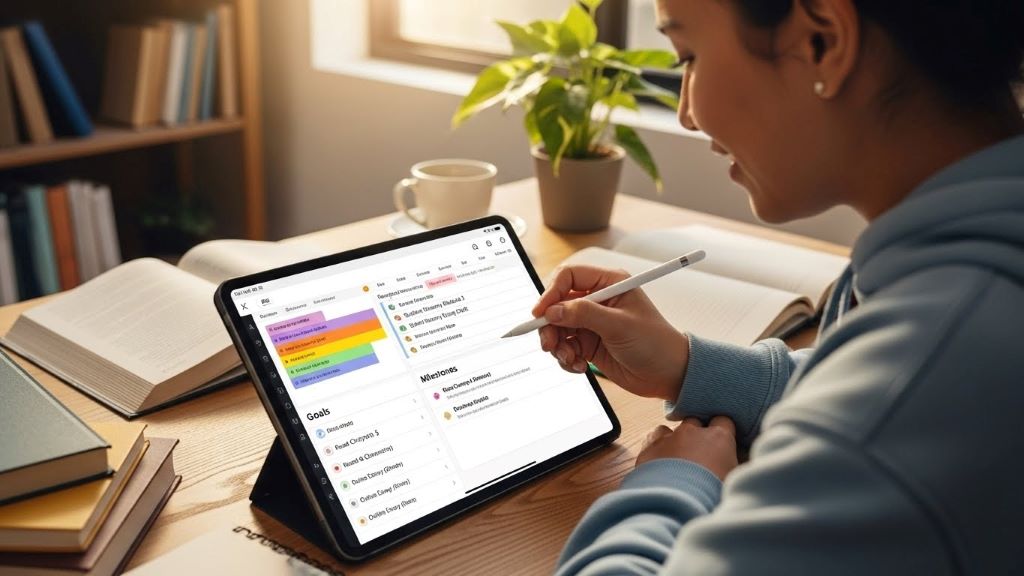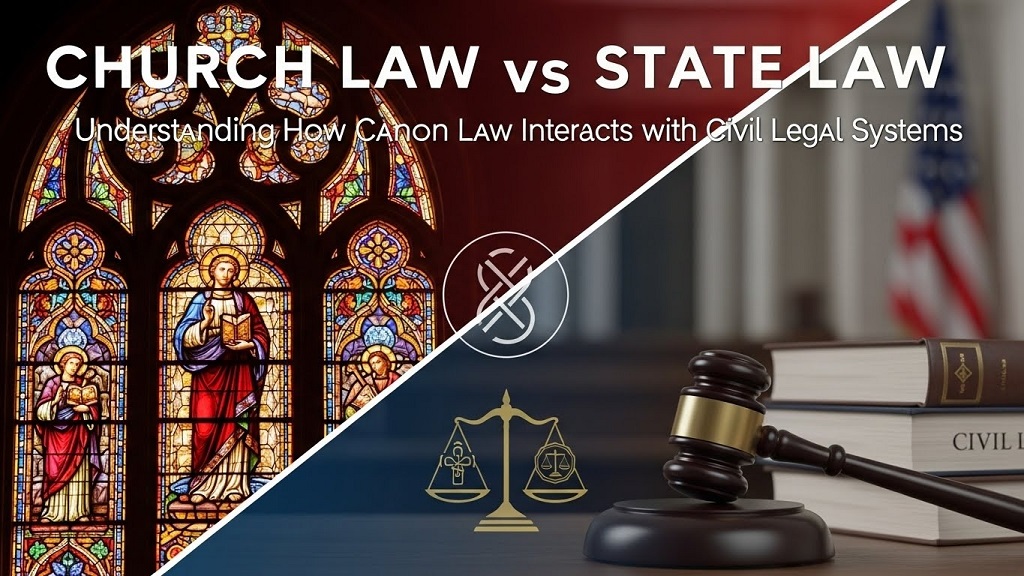An oral presentation consists of speaking in public on a specific topic. Oral talk can also be called a conference. In order to achieve a good oral presentation one of the keys is to practice. This is an important way to communicate and convey information. The following tips will help you prepare for a good public speaking.
 Prepare your presentation well. You cannot speak well on a subject if you do not know anything. The first thing to consider is what you are going to talk about and whether you have any knowledge or not on the subject. In your case, this should not be a problem since you have prepared your subject well and you surely have plenty to tell.
Prepare your presentation well. You cannot speak well on a subject if you do not know anything. The first thing to consider is what you are going to talk about and whether you have any knowledge or not on the subject. In your case, this should not be a problem since you have prepared your subject well and you surely have plenty to tell.
Develop a plan. You can use the plan of your written statement, and annotate the details you do not want to forget. For example, delete official figures that are difficult to understand and develop other explanations that captivate the audience.
 Do not get lost in the explanations. Speak as you usually speak. Do not use rare or complicated phrases at the risk that your audience will not understand you. Look for the simplest way to say things.
Do not get lost in the explanations. Speak as you usually speak. Do not use rare or complicated phrases at the risk that your audience will not understand you. Look for the simplest way to say things.
Use media elements. An image is said to be better than a thousand words. Help yourself with photos, diagrams, maps, drawings, etc. Please bear in mind that these elements must be used as a support for your presentation, but never substituted for it.
 Move your hands to support your oral exposure: point out, point fingers, compare … Gestures reinforce what you say. It is very important to watch your audience, and not only in the same direction. You must speak for all the people in the room. Watching them in the eyes will give a feeling of confidence.
Move your hands to support your oral exposure: point out, point fingers, compare … Gestures reinforce what you say. It is very important to watch your audience, and not only in the same direction. You must speak for all the people in the room. Watching them in the eyes will give a feeling of confidence.
Train yourself out loud. Speak in front of a mirror or ask a friend or someone in your family to make the audience. If they did not know anything about it, but at the end of your speech, they learned something, it is a good sign. You can also record your tests with a tape recorder or your computer.
 Have fun during your oral presentation. You have invested a lot of time and effort in your research and preparation of your presentation. The time has come for others to see the result: everything you have learned and how you know how to tell it. At the end of your conference, answer your peers’ questions, and let them know where they can find more information on the topic.
Have fun during your oral presentation. You have invested a lot of time and effort in your research and preparation of your presentation. The time has come for others to see the result: everything you have learned and how you know how to tell it. At the end of your conference, answer your peers’ questions, and let them know where they can find more information on the topic.
If you want to read more about education, we recommend our education category.







